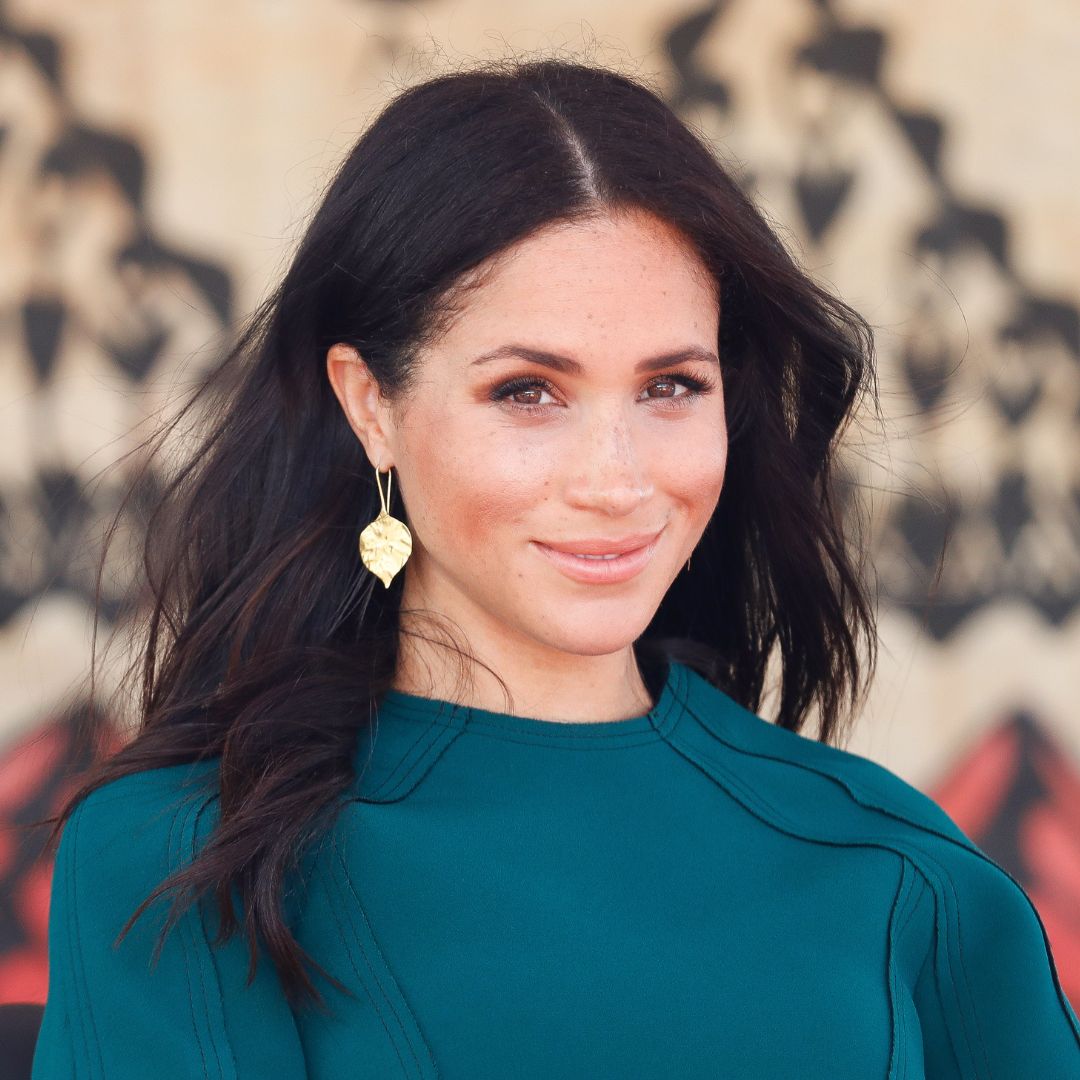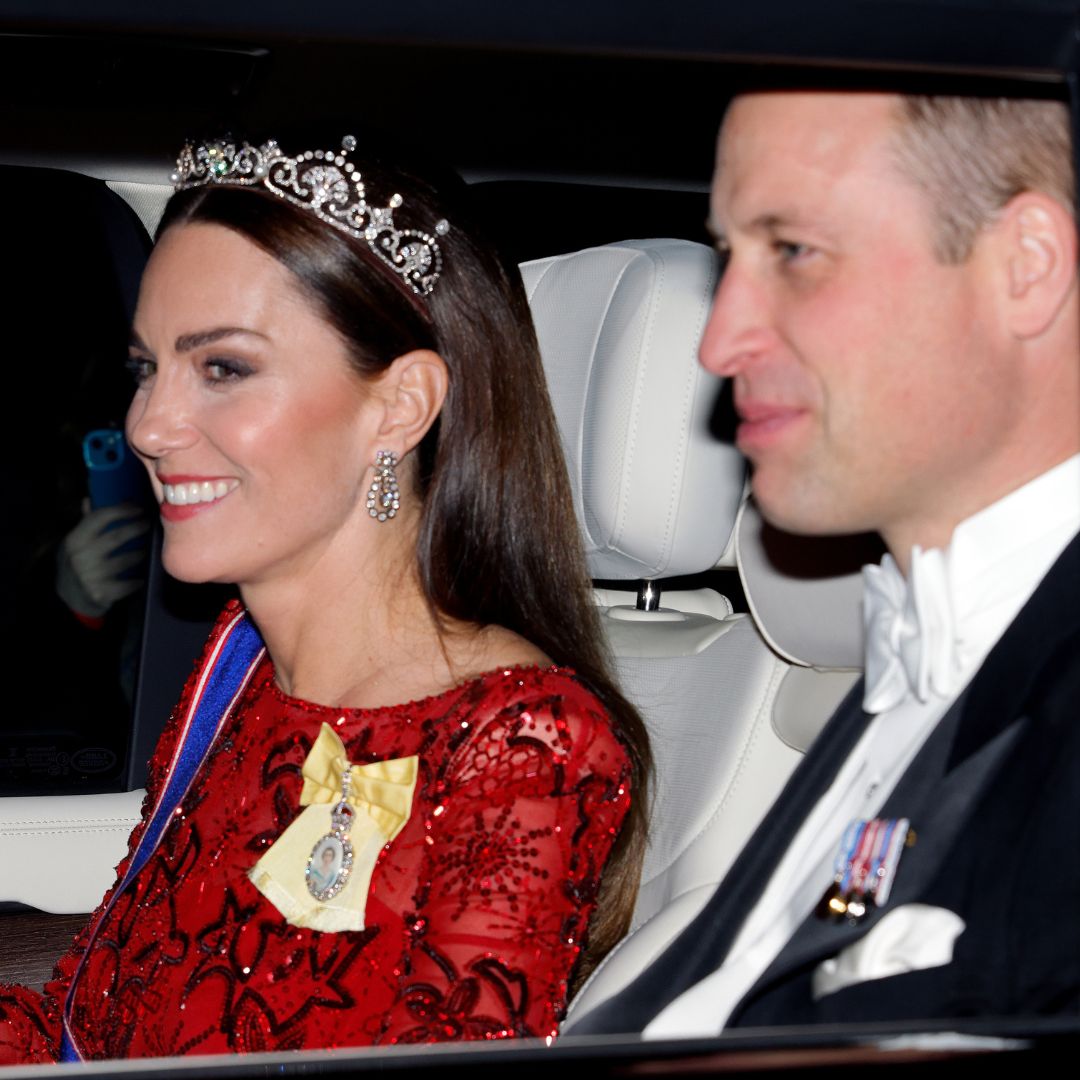You asked, we answered: so, how long should a workout be?
The experts explain.
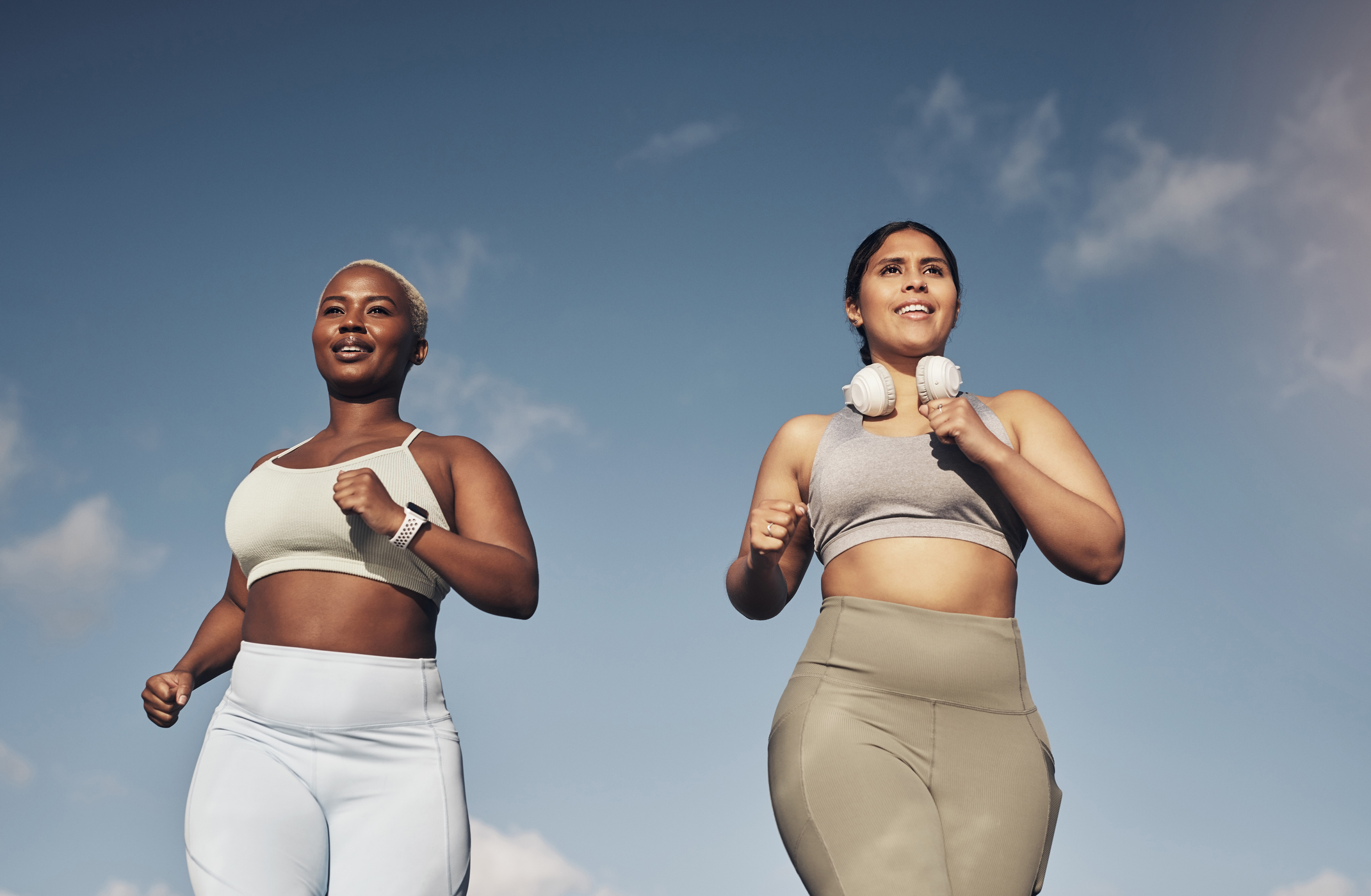
The experts explain.
Wondering how long should a workout be? Then, chances are, you've seen conflicting advice that has you questioning if what you're doing is enough.
That, or you're at the start of the fitness journey and are genuinely intrigued to know what the general recommended daily guidelines for movement are.
So how long, generally speaking, should we be working out for a week and also each day, as someone trying to juggle work and, well, a social life? Is there a good average to aim for each day and week and does this vary from person to person?
All good questions - which is why we've asked two qualified professionals for their take. Keep scrolling to see what Sean Kazab, FIIT Trainer, and David Wiener, training specialist at Freeletics, have to say.
You asked, we answered: so, how long should a workout be?
Let's start with the NHS recommendations. The current NHS exercise guidelines indicate that you should aim for around 150 minutes of moderate exercise - that's 30 minutes a day, five times a week - or 75 mins of vigorous exercise a week - so, say, 20 minutes, four times a week.
Wondering what the difference is between moderate and vigorous exercise? Good question. Moderate exercise spans walking (read up on the benefits of walking and the best UK hikes, here), Pilates, Barre, yoga, and so on. Vigorous activities, on the other hand, are the ones that require more oxygen to complete, such as running, swimming, and more - you guessed it - vigorous workouts.
Marie Claire Newsletter
Celebrity news, beauty, fashion advice, and fascinating features, delivered straight to your inbox!
The website also advises doing two weight training sessions a week that "work all the major muscle groups, aka your legs, hips, back, abdomen, chest, shoulders, and arms."
But are these accurate for everyone and a good guideline? "While these are great recommendations and definitely a good starting point to improve your general health, they are incredibly general and can differ massively depending on your fitness levels or goal," explains Kazab.
"Plus, the intensity and what workout you do may matter significantly more than how long you spend exercising," he goes on.
Wiener agrees, adding that research also shows that you’re more productive when you’re active. "Along with the energy increase from endorphins, exercise increases your brain’s production of serotonin, which can help you to think more clearly and enhance focus."
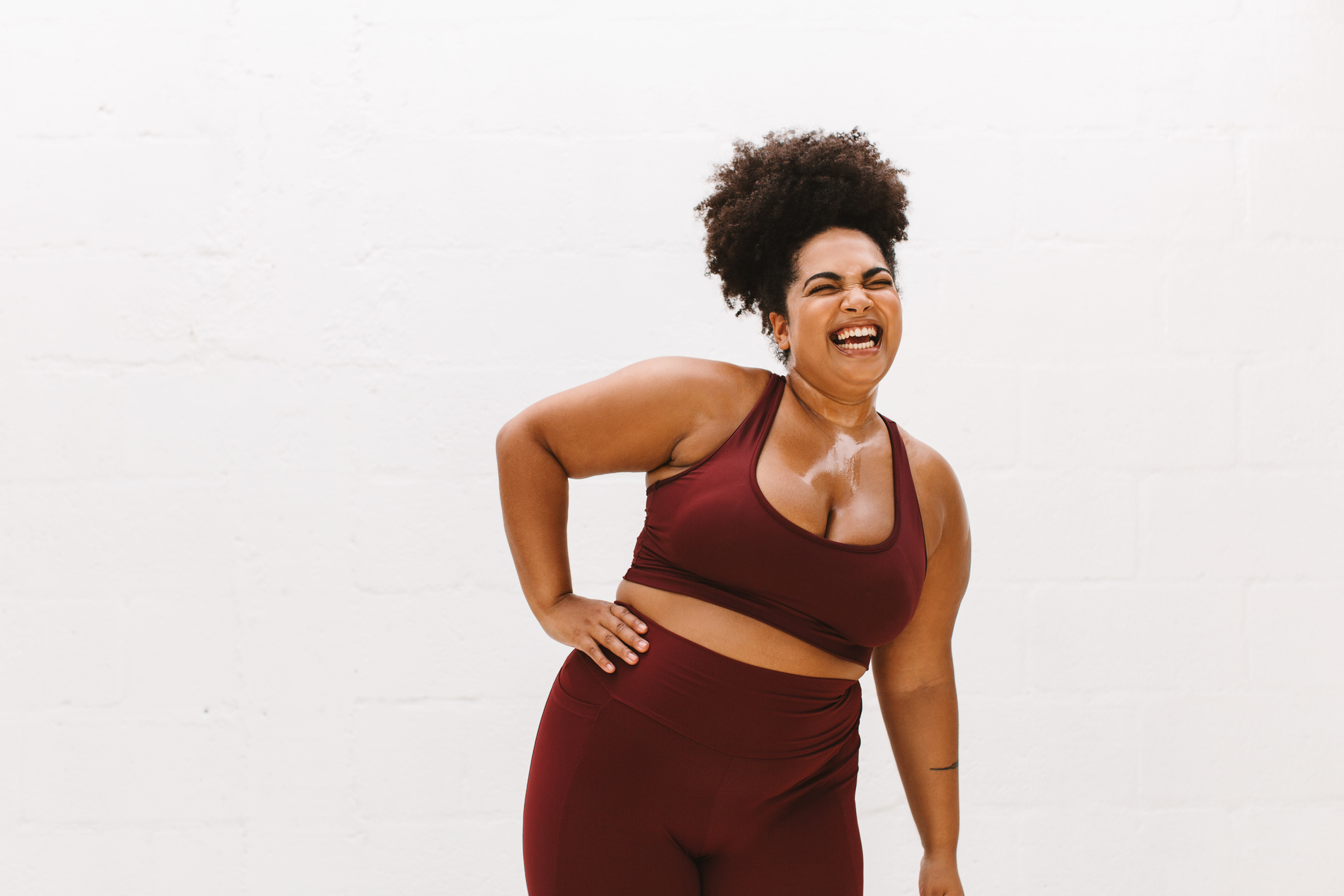
How do I calculate how much I should be working out?
It's all about weighing up the below:
- Your start point/fitness levels
- Your time restraints
- Your end goal (read our guide to goal setting, here).
As Kazab points out, it's hard to for him as a trainer to outline exactly how long you should be working out for each week without knowing you - "it's so heavily dependent on your fitness level and individual goal," he shares.
Try this: If you're a beginner, follow the NHS guidelines or a guide like Couch to 5km, which will let you input your fitness levels. Similarly, apps like FIIT will ask you questions about your fitness levels, how much time you have, your workout requirements, and calculate an appropriate plan for you from there. (Read our round up of the best fitness apps, here).
If you're keen for more personalised recommendations, booking a session with a PT will never be a waste of money or time.
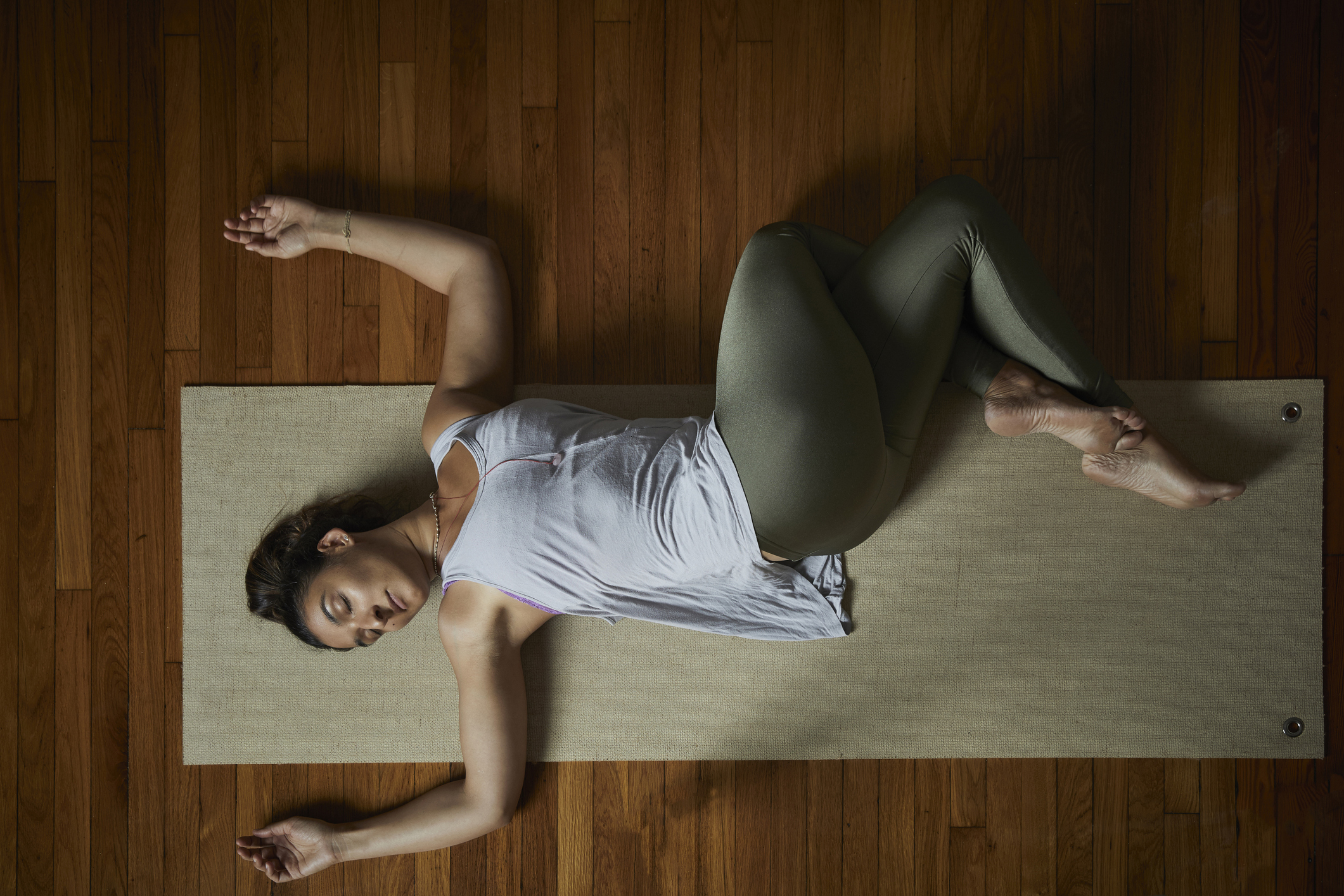
Why does how long to workout differ from person to person?
Because every person is different, so will need to move their body in different ways. It's pointless telling, say, someone recovering from injury to work out for the same amount of time as a professional marathoner.
That being said, making sure to move your body for at least 30 minutes a day - it can literally be steps to the bathroom, or reaching up to cupboards while cooking dinner - is a good starting point. Don't forget adequate workout recovery, too - delayed onset muscle soreness can be savage if you haven't worked out for a while (read why, here).
Bottom line: At a beginner level, a high intensity workout of anything up to ten minutes is a good start point. At a more advanced level, aim for 20 to 30 minutes.
For less intense exercise, aim for 30 minutes, for a beginner, and 40 for the more advanced.
3 top tips for fitting in your sessions, if you find it a struggle
"It has been shown, time and time again that even small doses of daily activity can make a huge impact on someone's health," Kazab emphasises. Try the following tips if you're really struggling to find the time.
1. Focus on quality
As Kazab highlights, it's not how long your workouts are that truly matters - it's doing little and often every day and building said movement into your daily routine. "The most important factor for any training program is adherence," he explains. "If your sessions are too long or unachievable, you'll simply skip them - anyone would."
Try this: Focus on session quality and intensity, advises the PT. "Training should be specific to what you are trying to achieve," he stresses.
2. Don't underestimate intensity
Similarly, if you're after bang for your buck, high intensity interval training or more rigorous exercise, as the NHS calls it, can be a great way to get a good workout in, if you've only got a short period of time.
"Higher intensity workouts in shorter bouts can yield similar health benefits to longer less intense bouts of exercise, hence the rise in popularity of HIIT," shares Kazab.
Our round up of the best Joe Wicks workouts - plus exclusive full body workout and lower body workout with dumbbells from Kayla Itsines - are a great start.
3. Prioriotise steps
And finally, never underestimate how powerful getting your daily steps in can be. Walking for 30 minutes a day - say, 15 minutes in the morning and 15 minutes at lunch - is actually enough to hit the daily NHS recommendations.
"General activity that isn’t necessarily a dedicated exercise session can have some awesome health benefits," shares Kazab. "Something I try to prioritise is getting my steps in whenever I can - either by walking and talking in some of my meetings or just getting off a few tube stops early. Steps have had a huge impact on both my physical and mental health," shares the trainer.

Ally Head is Marie Claire UK's Senior Health and Sustainability Editor, nine-time marathoner, and Boston Qualifying runner. Day-to-day, she heads up all strategy for her pillars, working across commissioning, features, and e-commerce, reporting on the latest health updates, writing the must-read wellness content, and rounding up the genuinely sustainable and squat-proof gym leggings worth *adding to basket*. She also spearheads the brand's annual Women in Sport covers, interviewing and shooting the likes of Mary Earps, Millie Bright, Daryll Neita, and Lavaia Nielsen. She's won a BSME for her sustainability work, regularly hosts panels and presents for events like the Sustainability Awards, and is a stickler for a strong stat, too, seeing over nine million total impressions on the January 2023 Wellness Issue she oversaw. Follow Ally on Instagram for more or get in touch.

